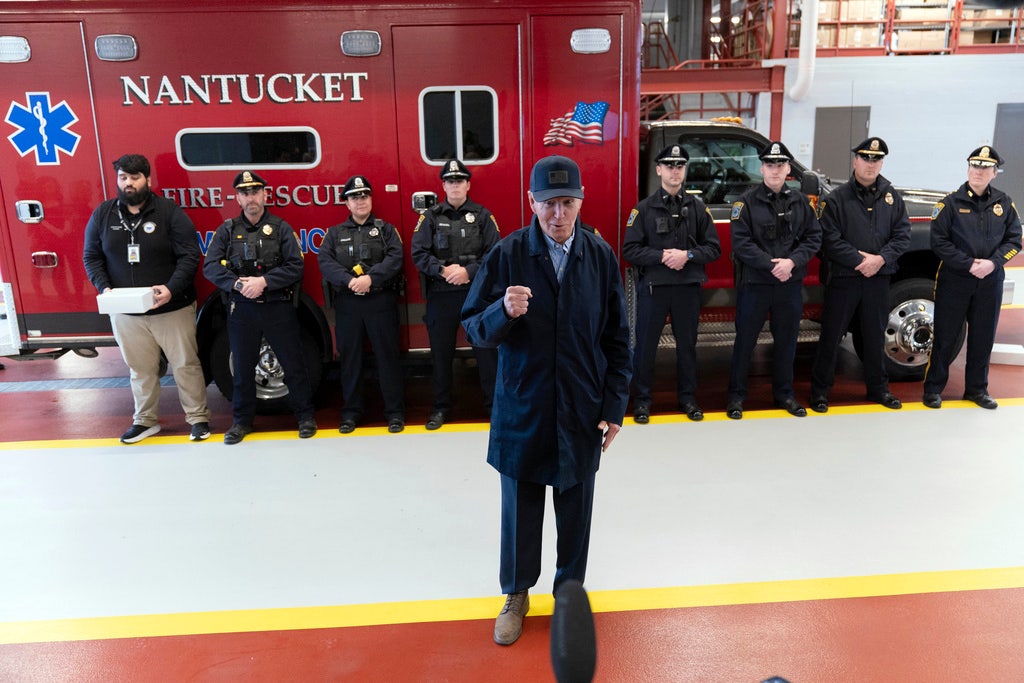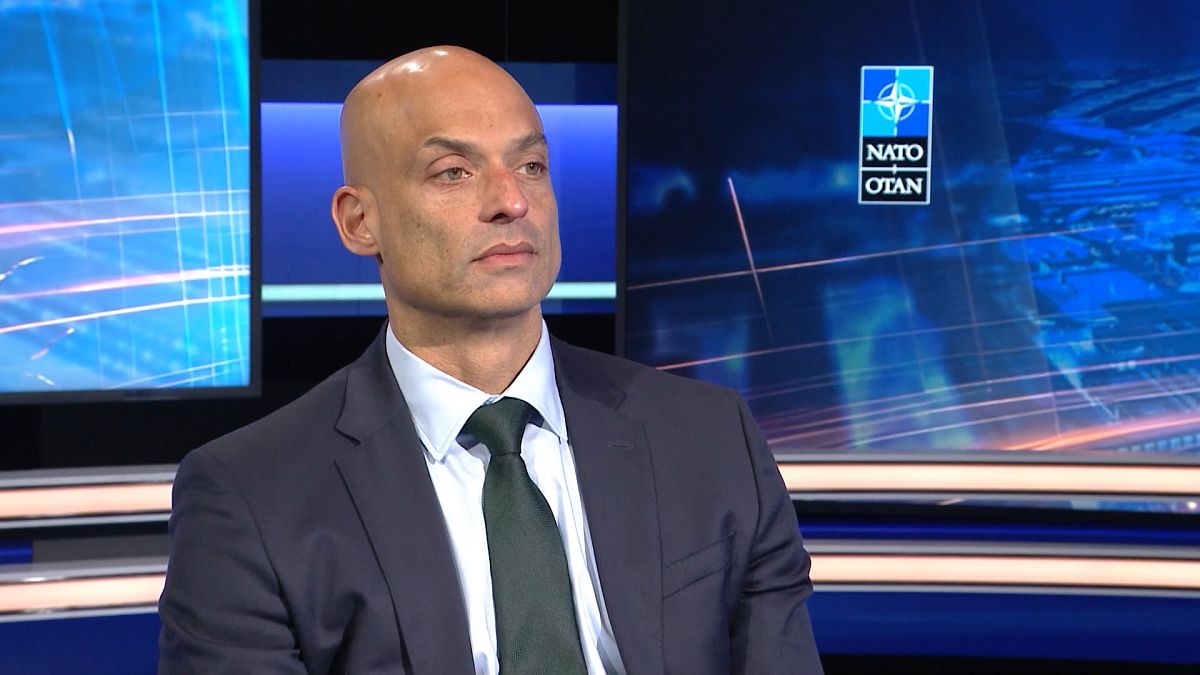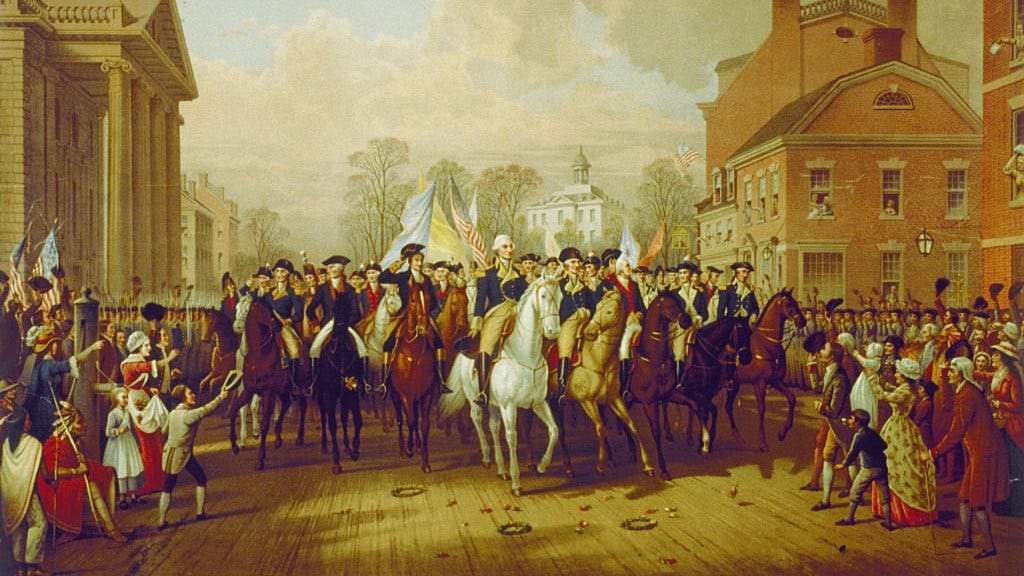Dallas residents got two pieces of good news from the courts last week that promise to improve quality of life in the city.
The first relates to a commonsense judgment from U.S. Magistrate Judge Renee Harris Toliver regarding the city’s regulation prohibiting people from panhandling on narrow medians or in streets without medians.
There is an ongoing activist push to keep cities from being able to pass ordinances that improve public safety and quality of life for residents. Among the targets are regulations aimed at keeping panhandlers from approaching people at their car windows along medians.
Such panhandling is unsafe for both those asking for money and those being asked. The suggestion that it is an unconstitutional violation of free speech rights doesn’t hold up, as Toliver rightly judged. The city’s ordinance does not prohibit speech and it leaves many areas where people can ask for money.
As we wrote earlier this year, the Supreme Court has made clear that panhandling is protected speech. But that should not mean cities are totally handcuffed from protecting people who put themselves in dangerous situations by stopping cars, stepping into the street or leaving behind piles of debris that can obstruct drivers.
The second bit of good news relates to the budding poker house industry that Dallas should nip before it negatively impacts neighborhoods. People should do what they want with their money. But Dallas made a mistake when it cleared the way for private poker houses to open around the city.
Texas law prohibits gambling, but poker houses skirt that because the house doesn’t take a cut of the game. It profits from other sales. But gambling sites aren’t just any business, and complaints about criminal activity around these sites should surprise no one.
Last week, as reported by our colleague Everton Bailey Jr., a judge approved the city’s request to shut down Poker House Dallas for lacking a proper certificate of occupancy. That ruling could put other poker houses around the city in jeopardy.
The city fumbled when it initially ruled that poker houses can operate in the city. A later decision from the city attorney’s office indicated they should not get certificates of occupancy.
Cities should be cautious about approving gambling establishments. As Dallas’ experiment has shown, it comes with consequences.
For now, the courts have ruled in favor of Dallas’ ability to regulate two concerns that make it harder for most people to enjoy the city they live in.
That’s a win, and we hope both rulings hold up on the inevitable appeals.
We welcome your thoughts in a letter to the editor. See the guidelines and submit your letter here. If you have problems with the form, you can submit via email at letters@dallasnews.com

/cloudfront-us-east-1.images.arcpublishing.com/dmn/IJJSWC2PANGBTJEW446O5OM3AE.jpg)



























